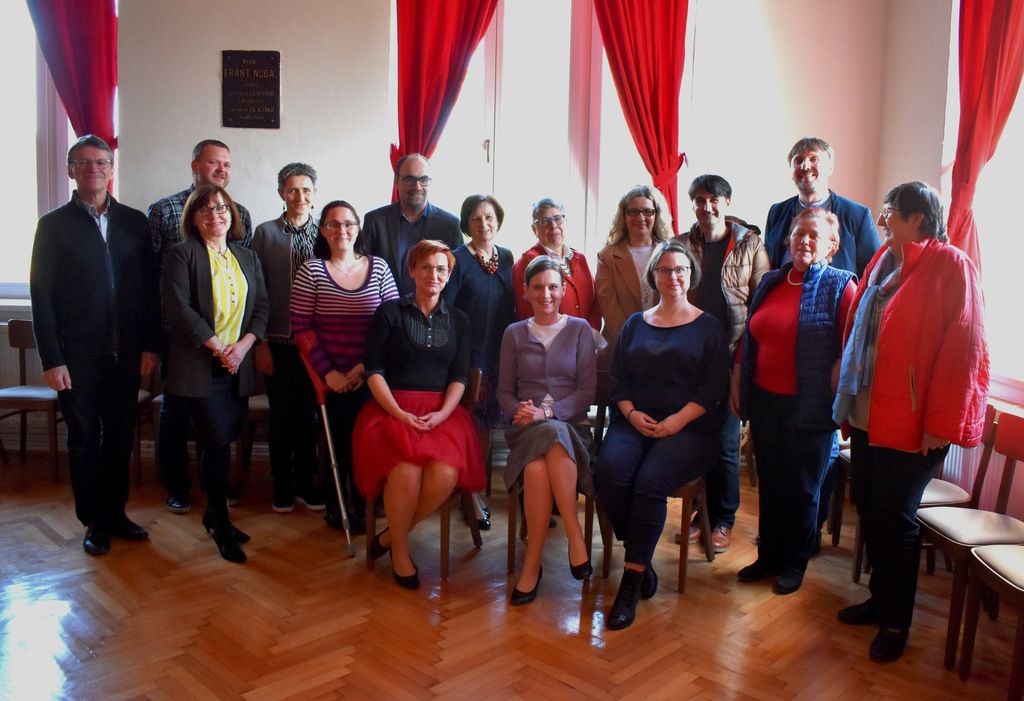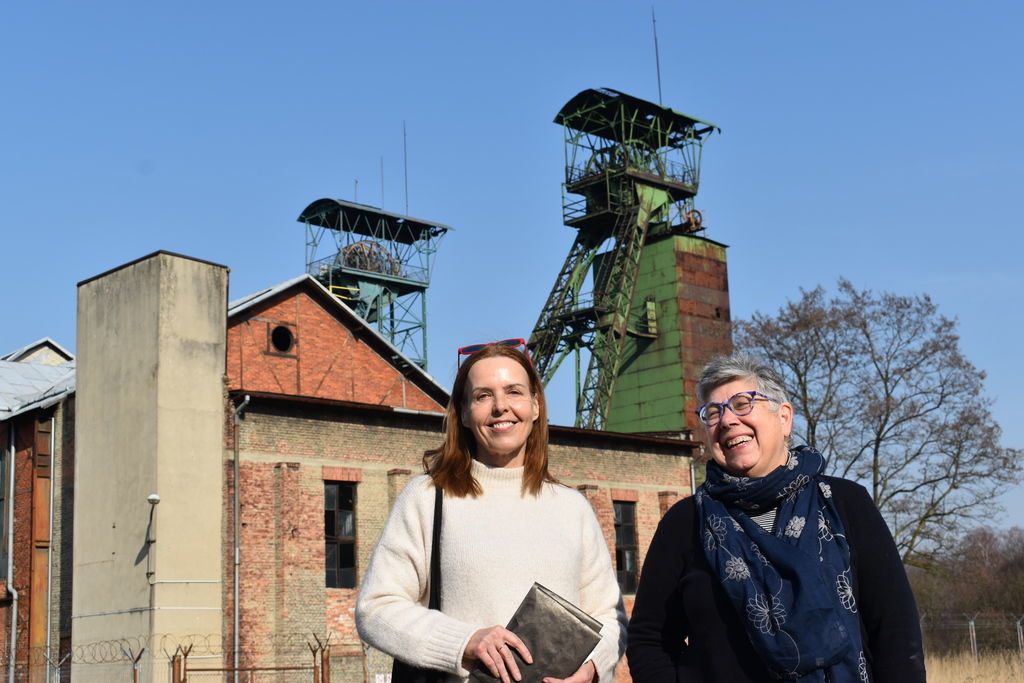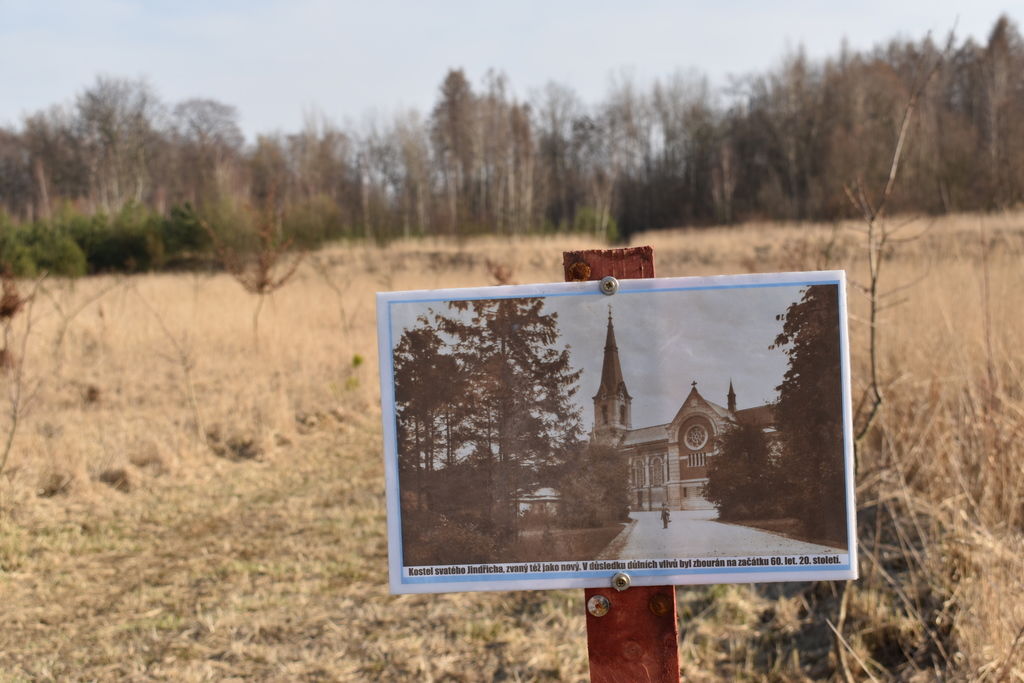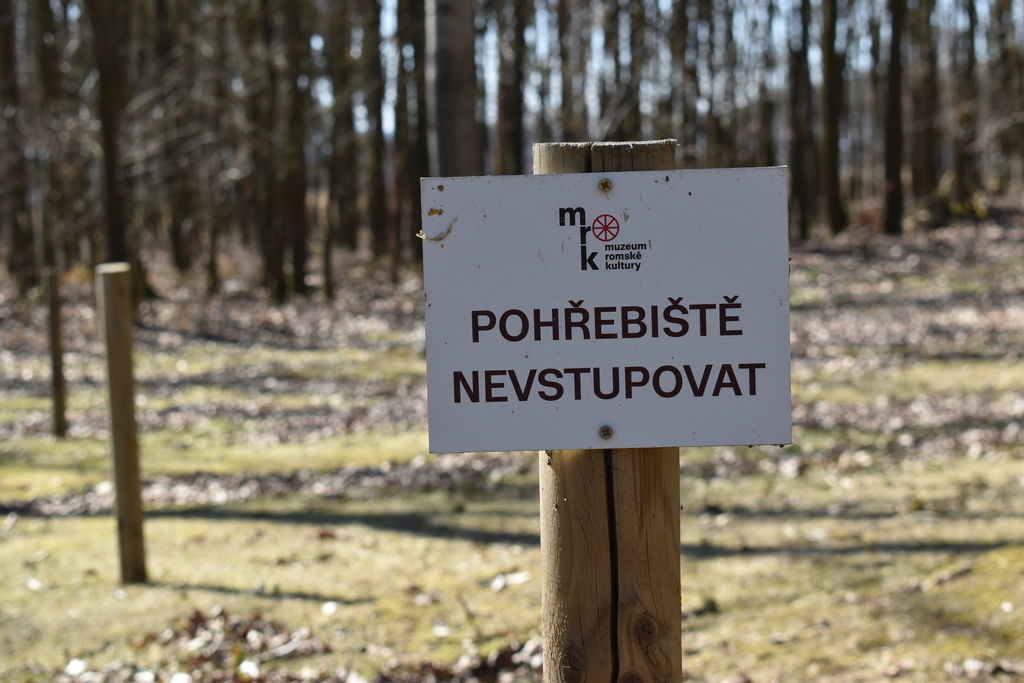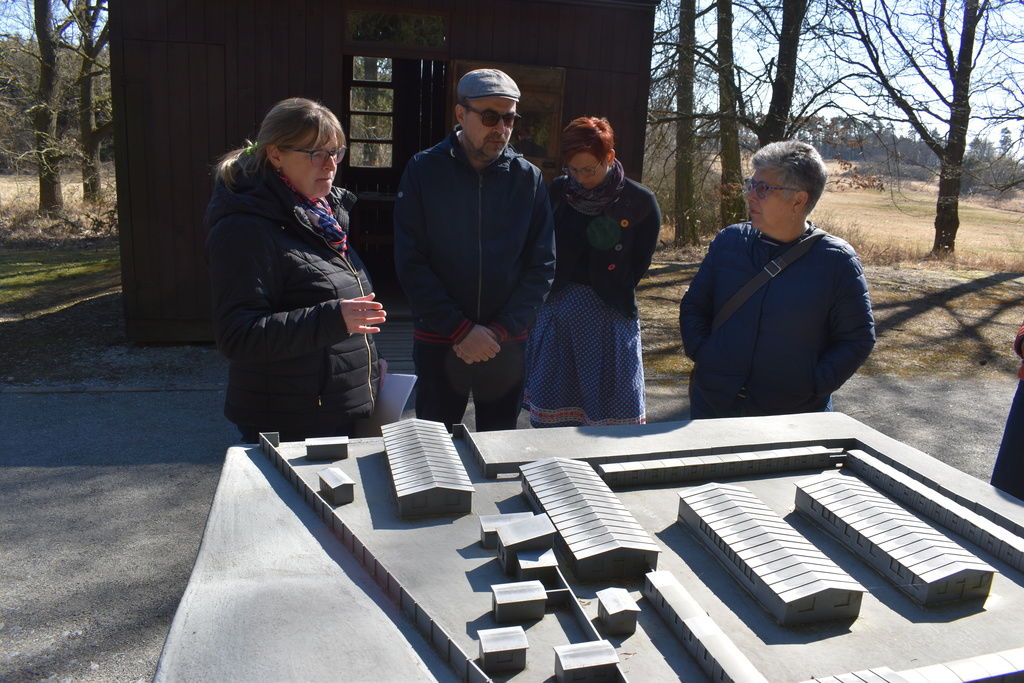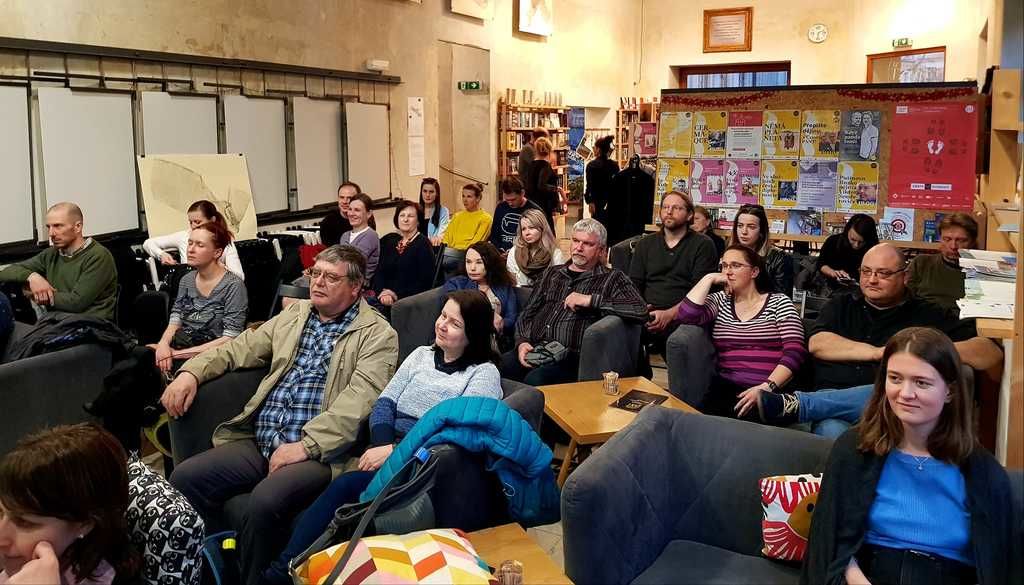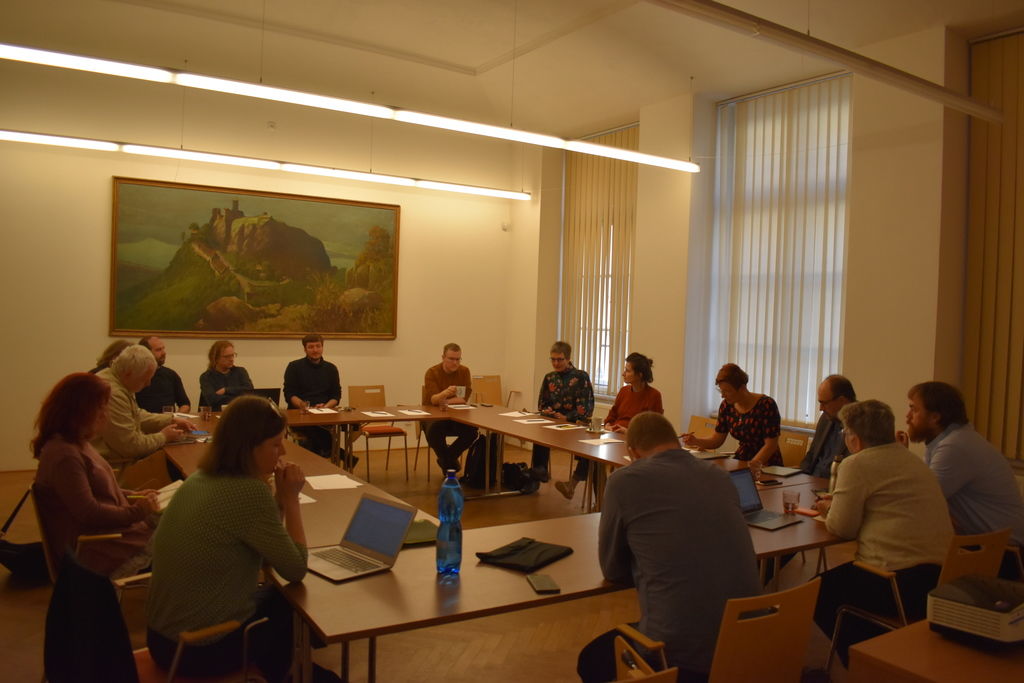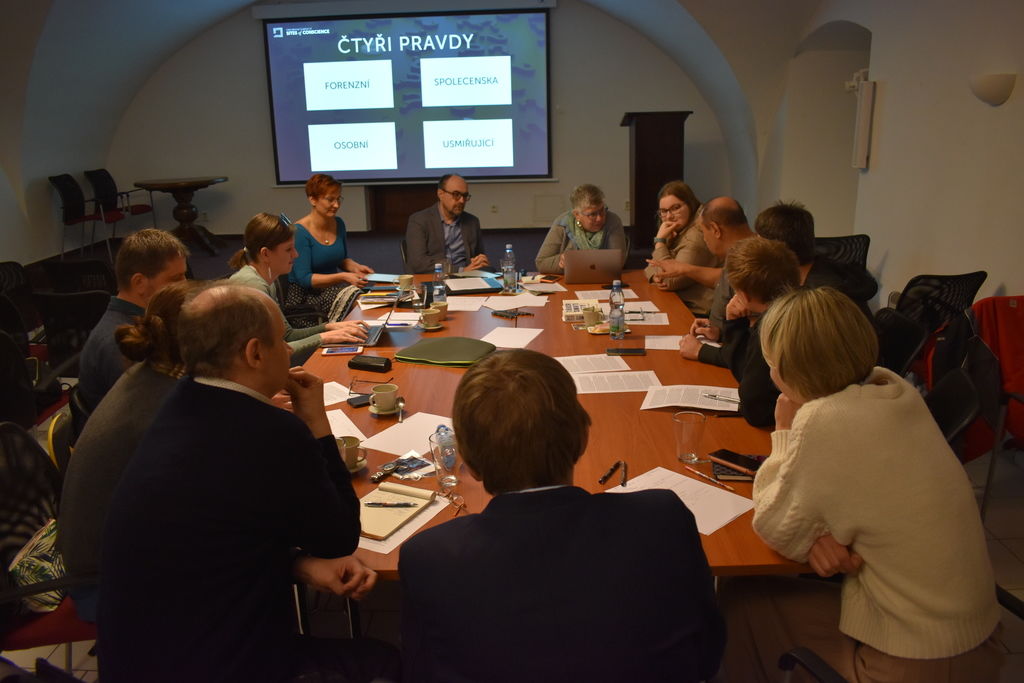A reflection on the workshops "Dialogue as a tool for reconciliation and development of society" and an interview with Linda Norris of the International coalition of Sites of conscience, who says: "Museums are not here to guard information, but to give meaning to things.“
What do the Gulag, places and museums of conscience in the USA, old Karvina, Lety u Písku, Our Germans exhibition in Ústí nad Labem, interpretation of local heritage, the war in Ukraine, and refugees heading to the Czech Republic have in common? All this was the subject of debates and workshops, which we organized at the end of March 2022 in cooperation with the Association for local interpretation SIMID in three towns in the Czech Republic. The goal was to bring together people with different views on how to deal with the interpretation of the sensitive past, to exchange experiences from other places in the world, and (thanks to Linda Norris of the International coalition of Sites of Conscience of which Gulag.cz is also a member) to learn the methods of dialogue and the four "truths" (personal, forensic, social and conciliatory).
The most important thing is to not close your eyes to the sore spots of the past, to talk about them and to give an opportunity to speak to everyone who is affected by this topic. If we do not speak about these sensitive issues or give space to only one interpretation of them, the problems will return, and as we see now – many times with much greater intensity.
The topic of our workshops and public debates was "Dialogue as a tool for reconciliation and development of society". On Monday (March, 21st) we talked about the territory of the extinct old Karviná and how to work with the memory of this place. After the recent cessation of coal mining, opinions on how to deal with this region are very different. The workshop took place in Doubrava and the debate was held in the Pant center in Ostrava, but we also visited the symbol of the extinct Karviná – the Leaning Church of St. Peter of Alcantara, where we were guided by the Czech writer Karin Lednická. She also took part in a workshop and a debate.
On Wednesday (March 23d) in the south of the Czech Republic, we talked about the Romani camp in Lety u Písku town and the memorial that is being created there. We also spoke about what discussions this place provokes and who is connected with it and in what way. We compared the local situation with museums in the United States, where the places and the point of view presented vary greatly depending on who is talking about the events – whether the members of an oppressed minority or representatives of a majority society.
On Friday (25th of March) we moved to Ústí nad Labem. At the workshop and the debate, we discussed with local experts from museums and schools the topic of finding identity and roots in places where someone else lived before us. Part of the program was also the work with the newly opened exhibition "Our Germans".
We are glad that we were able to get people of different opinions and experiences to these 3 places in the Czech Republic. We believe that we managed to give new perspectives on sensitive topics and, perhaps, to contribute positively to the debate on how to deal with local heritage, (on which the views of different groups vary significantly) in a meaningful way.
What have we realized through this intense week? The fat lines behind the past or the suppression of uncomfortable opinions do not work. The memory of a place is an integral part of our identity and, as a rule, it includes sensitive topics. Expert discussions are important, but not enough. We can deal with difficult topics from the past only if we talk about them freely and delicately with everyone who is involved. Only then can we create a fair future for all. For this to be possible, we must master the art of conducting broad discussions. The good news is that this art can be taught.
Štěpán Černoušek, Petra Černoušková, Kristýna Pinkrová, Ladislav Ptáček
Political scientist, journalist and Gulag.cz employee Tereza Soušková interviewed Linda Norris. This interview can be read in Czech language.

